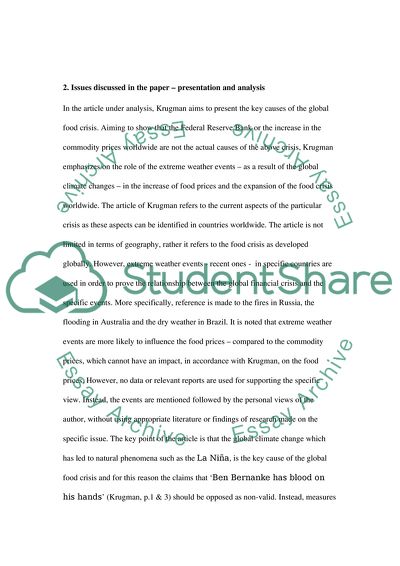Cite this document
(Analysis of the Article about the Poverty in the World Essay - 1, n.d.)
Analysis of the Article about the Poverty in the World Essay - 1. https://studentshare.org/social-science/1753080-the-poverty-in-the-world
Analysis of the Article about the Poverty in the World Essay - 1. https://studentshare.org/social-science/1753080-the-poverty-in-the-world
(Analysis of the Article about the Poverty in the World Essay - 1)
Analysis of the Article about the Poverty in the World Essay - 1. https://studentshare.org/social-science/1753080-the-poverty-in-the-world.
Analysis of the Article about the Poverty in the World Essay - 1. https://studentshare.org/social-science/1753080-the-poverty-in-the-world.
“Analysis of the Article about the Poverty in the World Essay - 1”. https://studentshare.org/social-science/1753080-the-poverty-in-the-world.


